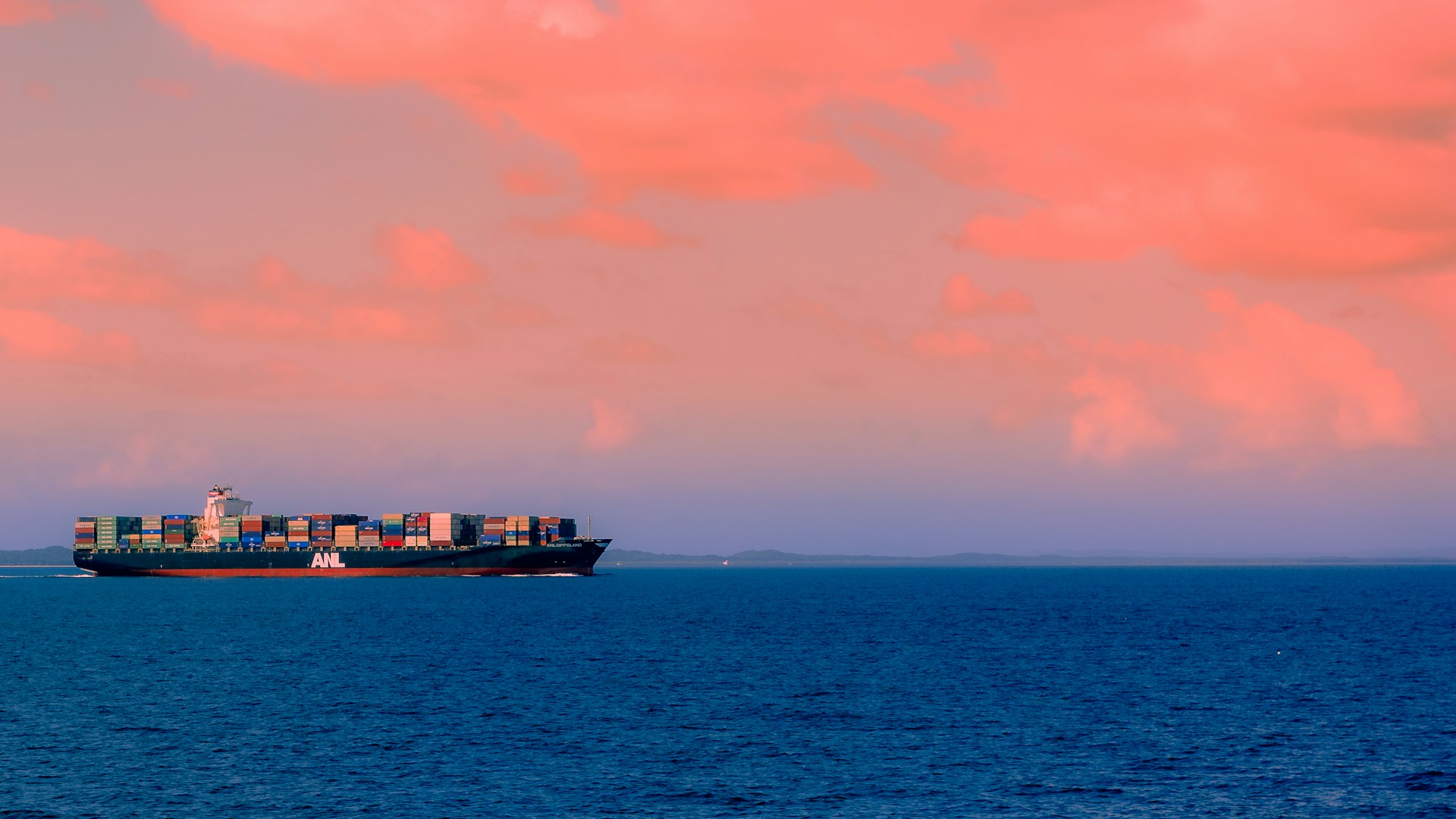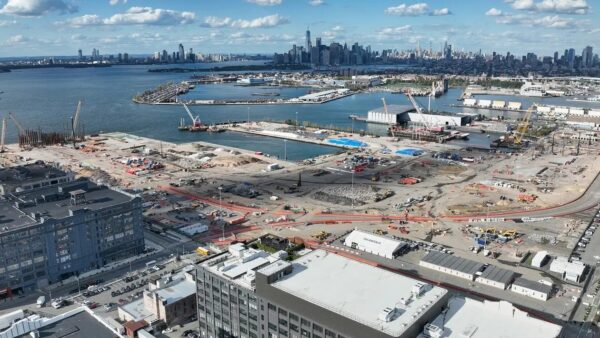
We tend to think the business challenges we face are unique and unprecedented.
But my own business Gleeds has been around since 1885 and if I look back through the archives, I find that Gleeds’ directors back then worried about materials costs, supply challenges and the unpredictability brought on by elections.
Ring any bells?
Today, of course, global business is interlinked in a way it wasn’t then.
What happens in one part of the world, like the Red Sea, has a domino effect on everything from inflation to materials shortages.
This affects the cost of projects, which can lead to a reluctance to commit funding, which in turn can mean that established projects are queried, delayed, or even cancelled. We saw this during the financial crisis of 2008 and more recently during the pandemic.
You’ll have heard the term “butterfly effect”. It’s an allegory for chaos theory. The idea is that a butterfly flapping its wings on one side of the world could hypothetically spark a chain of events that cause a typhoon on the other.
An example might be the assassination of an Austrian prince in a city most Americans, Canadians or Australians had never heard of, over a purely local political issue, sparking a chain of events that drew young American, Canadian, and Australian men into a catastrophic world war.
Year of political uncertainty
This year, unusually, literally half the world will be going to the polls, everywhere from India, the world’s largest democracy, to the USA, the world’s largest economy. The UK also looks likely to hold an election before the end of the year, although its outcome seems more certain.
With so much global interconnectivity, these events matter.
Taiwan, for instance, recently went to the polls. The general public might struggle to say why this far-away island matters to our economy.
But 65% of the world’s semiconductors come from there, and that includes more than 90% of the most sophisticated ones needed in cars, planes, phones, satellites, and missile systems.
China dislikes the new democratically-elected leader, William Lai, because he backs an autonomous Taiwan. China sees Taiwan as a breakaway province and reserves the right to re-unify by force.
Should China decide to invade Taiwan as Putin has done in Ukraine, it would spark a global crisis that would dwarf the impact of the Ukrainian invasion.
The biggest black swan
Outside politics, the climate emergency will probably have the biggest impact on the planet. When climate changes brought about by deforestation, pollution, or uncontrolled population growth happen, it impacts us all.
At the most basic level, as the weather changes, transport becomes more hazardous, food production is interrupted, immigration swells, and the domino effect is greater and more pronounced.
Pricing unknown unknowns
Cost and project managers always try to persuade clients to include contingency provisions in case of unforeseen challenges.
That sum is becoming increasingly difficult to predict, so future-proofing projects is as much an art as a science.
Who could have predicted that a pandemic would force people to work from home and that, after the pandemic died down, returning to the office five days a week would seem absurd?
This has led to the re-designing of workspaces and ensuring that those creating the new built environment consider possible future trends.
The next major influencer may well be AI and, with its proliferation, the role of the worker changes again, as will their requirements for a workspace.
Financial fairness
Another topic that must be urgently addressed is that the way the world currently handles funding for what should be considered global priorities – climate change, global health, gender equality.
At the moment it is insufficient, unsuitable, and inequitable.
We need to see serious conversations continuing in 2024 around international financial reform and I will be watching closely to see if those reforms address antiquated power dynamics and forge new ways to bridge the gap.
Global influence will once again be on display, as Africa and the Middle East will take on developing roles and the China/US/India stronghold is challenged. If not immediately, in the future I have no doubt.
I predict that this year is going to be one of the most unpredictable, but businesses like my own will continue to evolve and prosper as we have done since the 1880s.
It may happen as a result of the metamorphosis of AI, or the development of new approaches demanded by a globally diverse and ever-changing client base, but one thing is true – when the butterfly flaps its wings, wherever we are, we will all need to be ready for a typhoon.
- Richard Steer is Chair of Gleeds Worldwide
Comments
Comments are closed.







A succinct, informative global encompassing perspective. Well done.